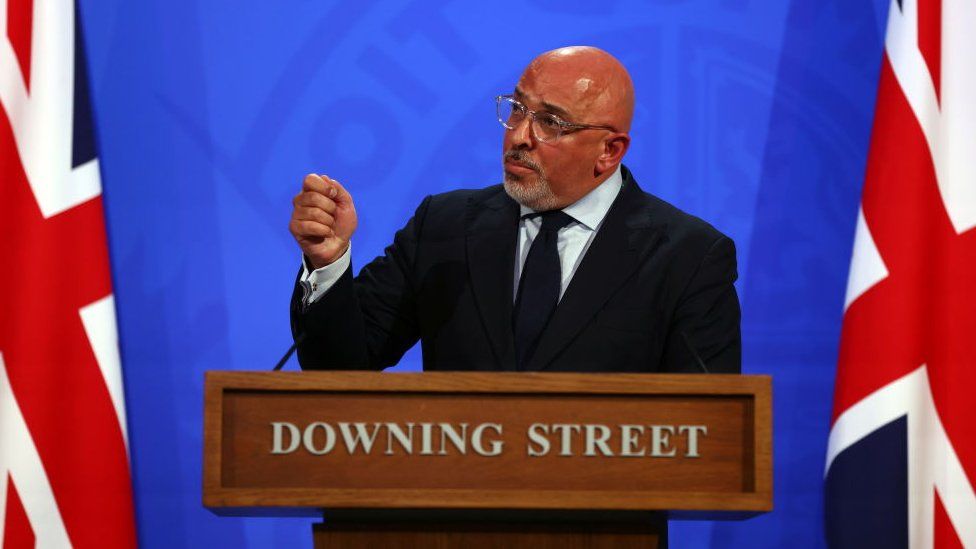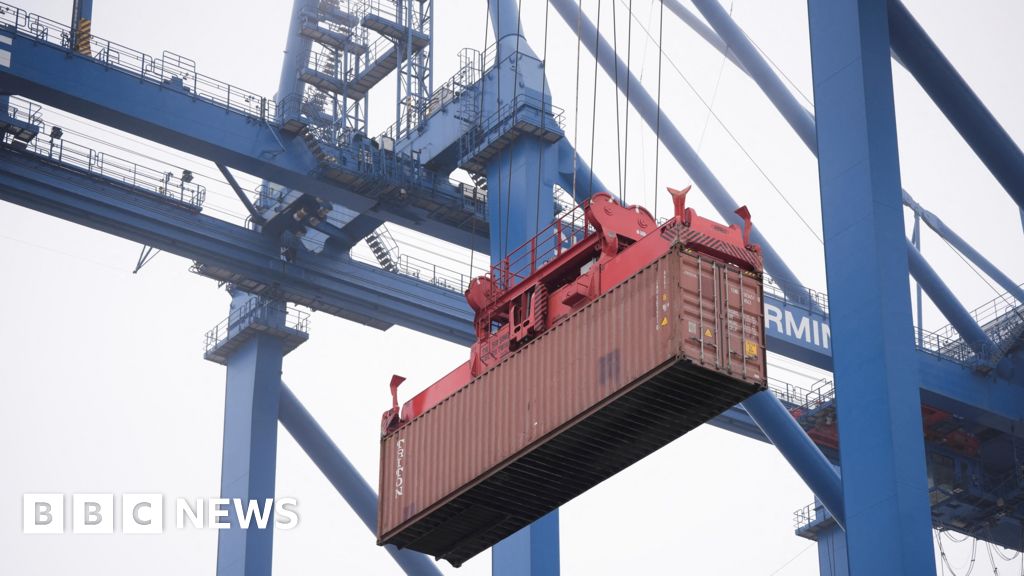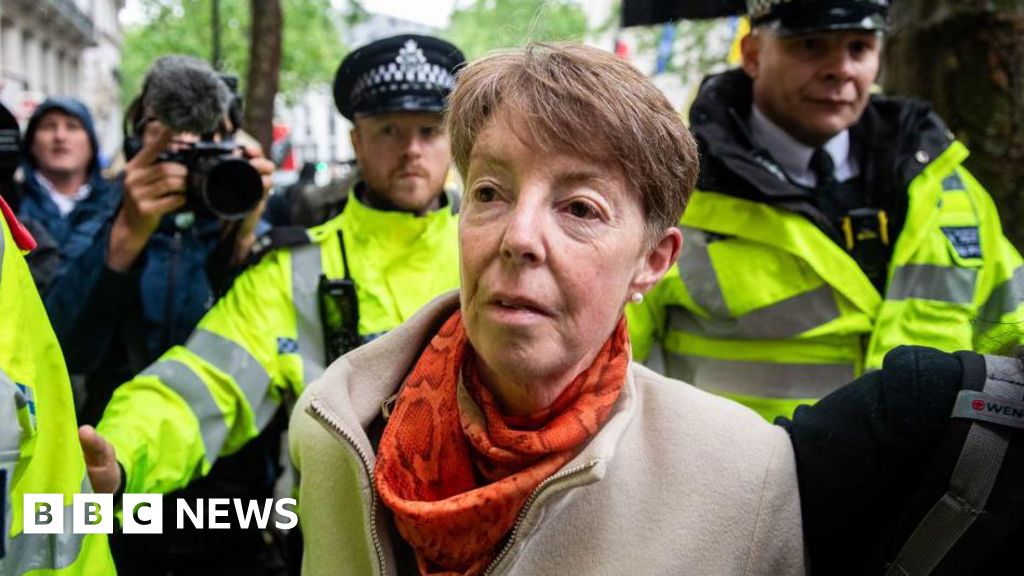ARTICLE AD BOX
 Image source, Getty Images
Image source, Getty Images
Following the shock resignation of former Chancellor Rishi Sunak, his replacement Nadhim Zahawi has said he and Prime Minister Boris Johnson want to "rebuild the economy" and get soaring inflation under control.
Mr Zahawi said "nothing is off the table" in terms of cutting taxes.
What are some of the options open to the new Chancellor to make good on those plans?
1. Cut VAT
Mr Zahawi has said he wants to do two things: cut taxes and "bear down" on inflation.
Those are not usually happy bedfellows. Cutting taxes puts more money into the economy, which drives prices up - so how can he walk this line?
A temporary cut in VAT - the tax paid when buying goods and services - from 20% to 17.5%, say, would lower the price of goods and services in the basket used to calculate inflation - taxes would get cut, and prices would go down.
But there would be some problems with this. The cut might not be passed on by struggling businesses.
Even if it were, the extra money in people's pockets would be chasing the same number of goods in an economy where supply is the problem, risking pushing inflation, which is already rising at its fastest rate for 40 years, up even further.
In any event, prices would just go back up again when the VAT cut was reversed.
Image source, Getty Images
2. Bring forward income tax cuts
Mr Zahawi could bring forward the 1p income tax cut that Rishi Sunak promised would happen in 2024. before the next election.
The Taxpayers' Alliance, a pressure group that campaigns for lower taxes, has said if the government wanted to give families "a respite from tax rises, they'd do well to simply bring forward the planned income tax cut instead of tricking taxpayers into thinking they're better off".
However, Rishi Sunak delayed that cut to the tax people pay on their income because it's quite expensive - it would cost the government around £5bn.
It would also benefit higher earners much more than lower earners, and it wouldn't slow down how quickly prices rise.
Image source, Getty Images
3. Cut corporation tax
Mr Zahawi has hinted that he may scrap a planned corporation tax rise due in 2023 - this is the only tax he has so far specifically mentioned. The tax on company profits is due to rise from 19% to 25% in April 2023.
In an interview with BBC Breakfast on Thursday, Mr Zahawi said: "Companies make investment decisions over the long term. One of the taxes they can compare globally is corporation tax, and I want to take a very careful look at all the measures that I can bring to bear, to bear down on inflation but also return to that dynamic economy that delivers growth."
In March 2020 the Treasury expected the tax to raise an extra £12bn next year, rising to £17bn in 2026.
That now looks optimistic as company profits are squeezed by higher costs and lower consumer demand.
Reversing some of it would not be that expensive, and would send a pro-business, pro-growth, traditionally conservative message.
Some Conservative MPs fear that increasing the tax will discourage foreign investment in the UK, which has fallen since the country voted to leave the EU. Historically, the amount of money raised by corporation tax has increased even as the rate declined.
So if cutting taxes while lowering inflation is a tough trick to pull off, what are some of the other options Mr Zahawi has at his disposal to ease the burden?
Image source, Getty Images
4. More government support
Low-income households will soon start to get government payments to help with the cost of living, and particularly their winter energy bills.
Will the new chancellor consider extending direct assistance for households?
Direct payments are unusual - certainly for a Conservative government - but these are unusual times.
Cost-of-living payments serve a dual purpose of being popular and comparatively easy to administer.
Next week, low-income households on means-tested benefits will receive the first instalment of financial support straight into their bank accounts.
Adding more payments during a tough winter ahead would allow people to spend the money quickly on the things that really matter - heating, eating and getting around.
However, direct payments are short-term by nature - unlike change to tax rises - and they still need to be paid for.
Mr Zahawi would need to find the money, at the same time as he faces pressure to cut taxes too.
These payments also risk being inflationary in themselves, adding to the likelihood of soaring prices in the longer-term.
Moreover, any government that keeps stepping in - as it has with furlough and cost of living payments - raises public expectations that it will do the same in every crisis situation.
Over time, that could become expensive and unmanageable.

 2 years ago
24
2 years ago
24








 English (US)
English (US)